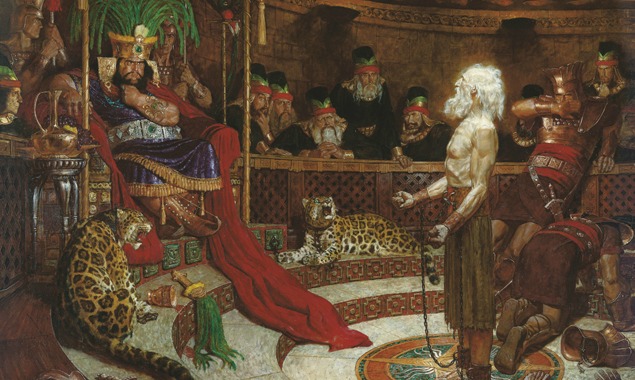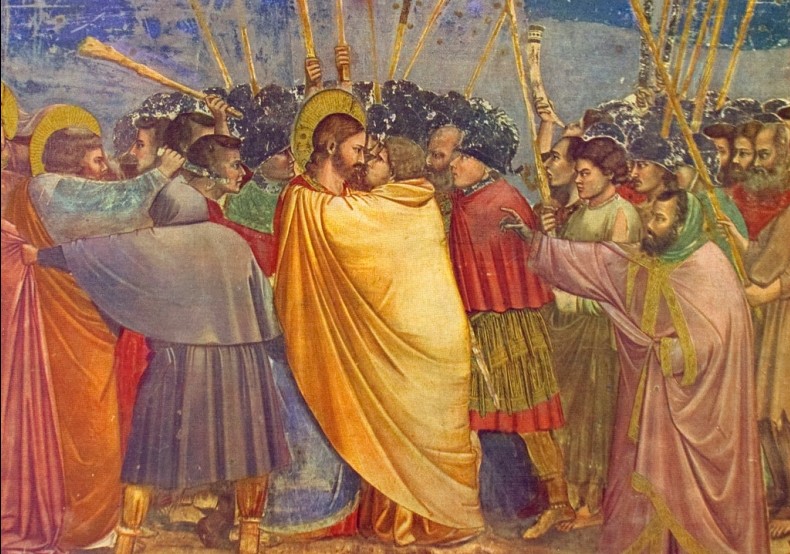Question
Gramps,
I have always been confused by these verses and the explanation by Abinadi. Can you explain how Abinadi is making the connection to God the father in these verses. Thanks.
Bud
Answer
Dear Bud,
Abinadi’s wording is indeed difficult to decipher. I’ll first try to break it apart, then I’ll reference the simple truth that we understand despite the difficult wording. From the surrounding context, we know that Abinadi is talking about Jesus Christ. With that given, let’s break his sentences into two parts, one describing how Christ is the Son of God (bold), and one describing how he is “the Father” (underlined):
2 And because he dwelleth in flesh he shall be called the Son of God, and having subjected the flesh to the will of the Father, being the Father and the Son—
3 The Father, because he was conceived by the power of God; and the Son, because of the flesh; thus becoming the Father and Son—
4 And they are one God, yea, the very Eternal Father of heaven and of earth.
5 And thus the flesh becoming subject to the Spirit, or the Son to the Father, being one God, suffereth temptation, and yieldeth not to the temptation, but suffereth himself to be mocked, and scourged, and cast out, and disowned by his people.
…
10 And now I say unto you, who shall declare his generation? Behold, I say unto you, that when his soul has been made an offering for sin he shall see his seed. And now what say ye? And who shall be his seed?
11 Behold I say unto you, that whosoever has heard the words of the prophets, yea, all the holy prophets who have prophesied concerning the coming of the Lord—I say unto you, that all those who have hearkened unto their words, and believed that the Lord would redeem his people, and have looked forward to that day for a remission of their sins, I say unto you, that these are his seed, or they are the heirs of the kingdom of God.
We see that in all cases, the title of “the Son” is explained through “the flesh” – so, Christ’s mortality is what makes him the Son – this seems obvious and easy for us to understand. The title of “Father” is explained as applicable in four ways: first, because the Son subjected himself to the will of God the Father (think of how an agent acts in another’s name); second, because he was conceived by the power of God (think of how a son inherits many attributes from his father); third, because he created heaven and earth; and finally because he will be as a father to those who follow him.
The April 2002 issue of the Ensign magazine republished an exposition by the First Presidency further clarifying scriptural references to the Father and the Son. This article explains Christ’s role as the creator (or “father”) of heaven and earth, as the figurative and spiritual father of those who follow him, and as one divinely invested with power and authority to act in the name of God the Father. I highly recommend this article as it references many scriptures supporting and explaining use of the title “Father” for Jesus Christ. You might also find the Topical Guide entry for “God the Father, Jehovah” helpful as well.
I hope this clarifies Abinadi’s wording for you, and that your study of these topics will bring you closer to Christ.
Gramps







